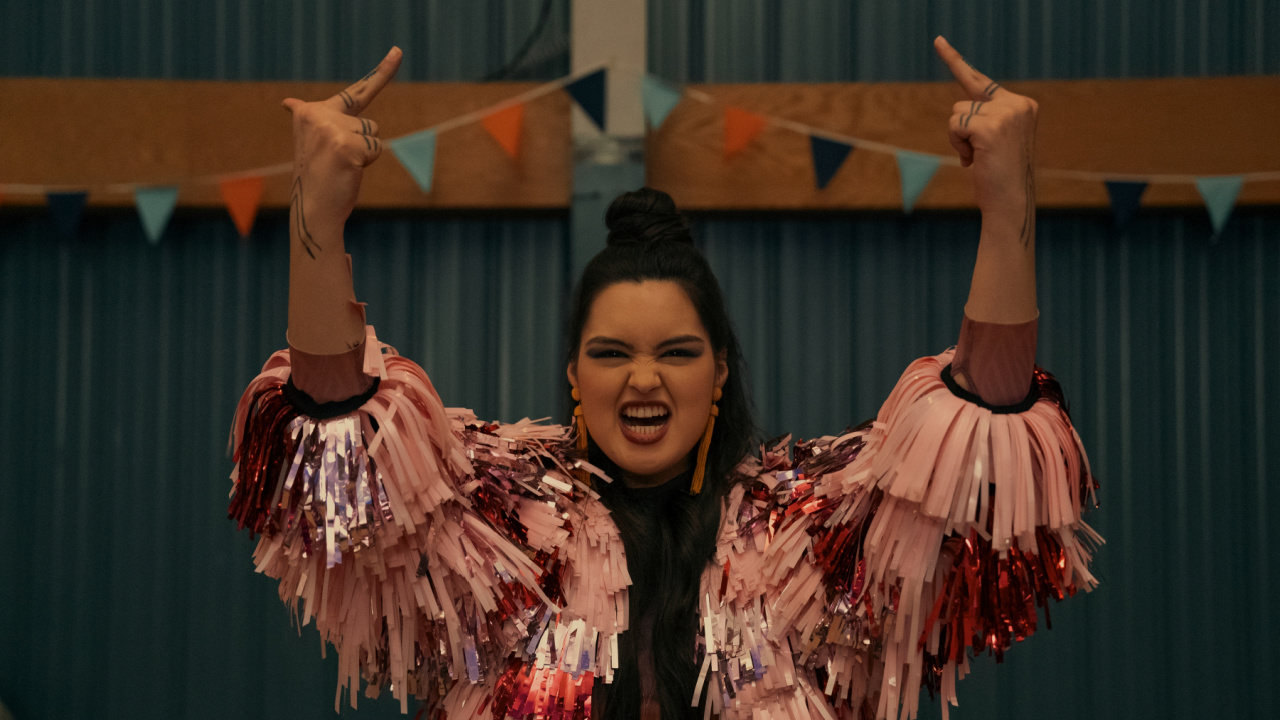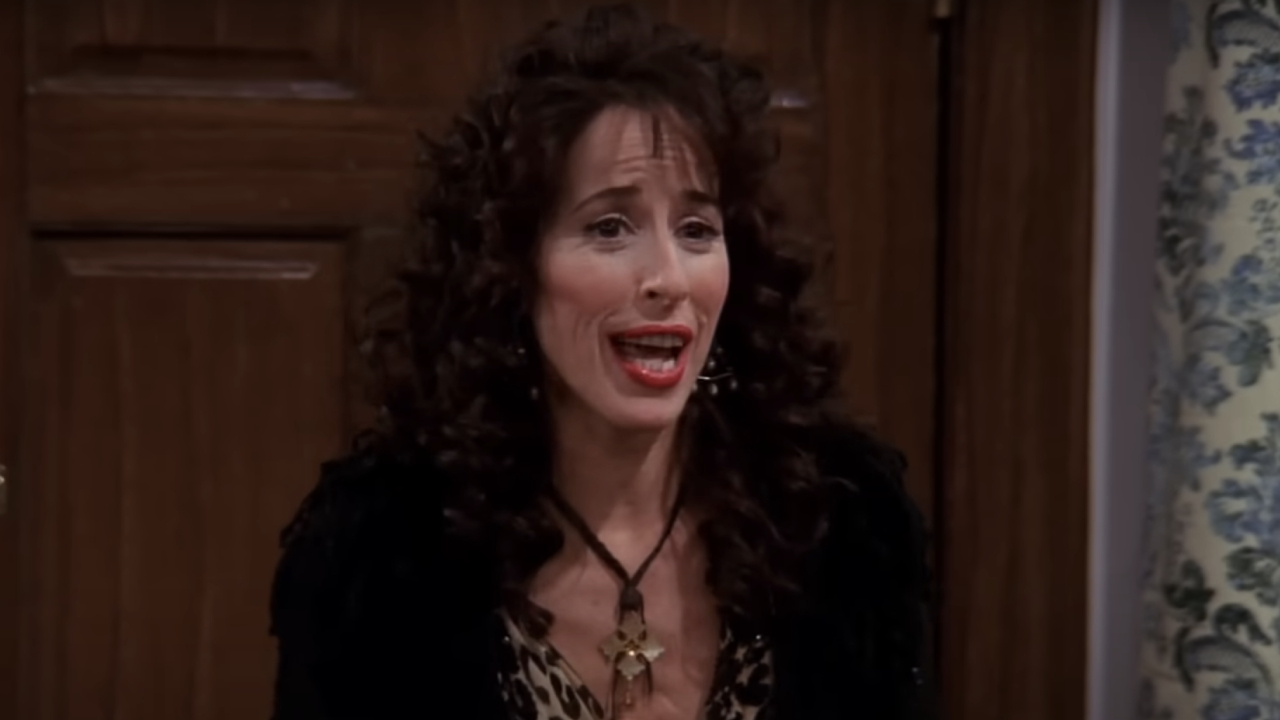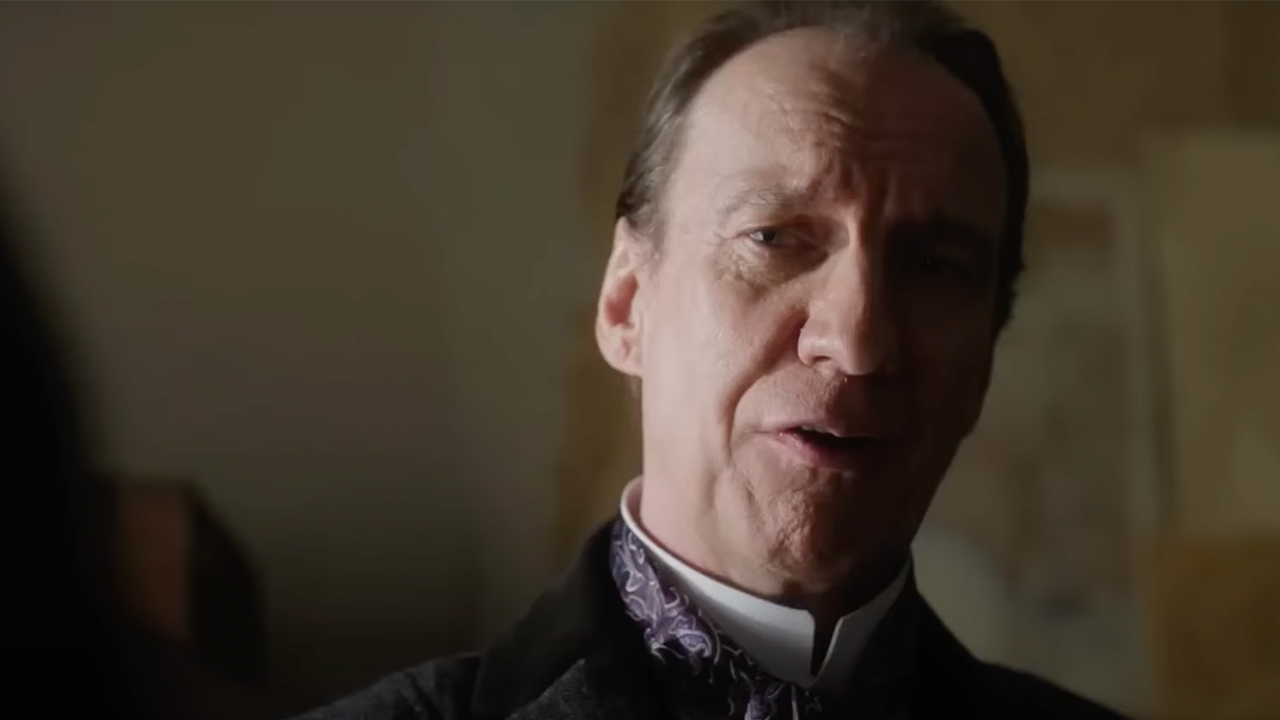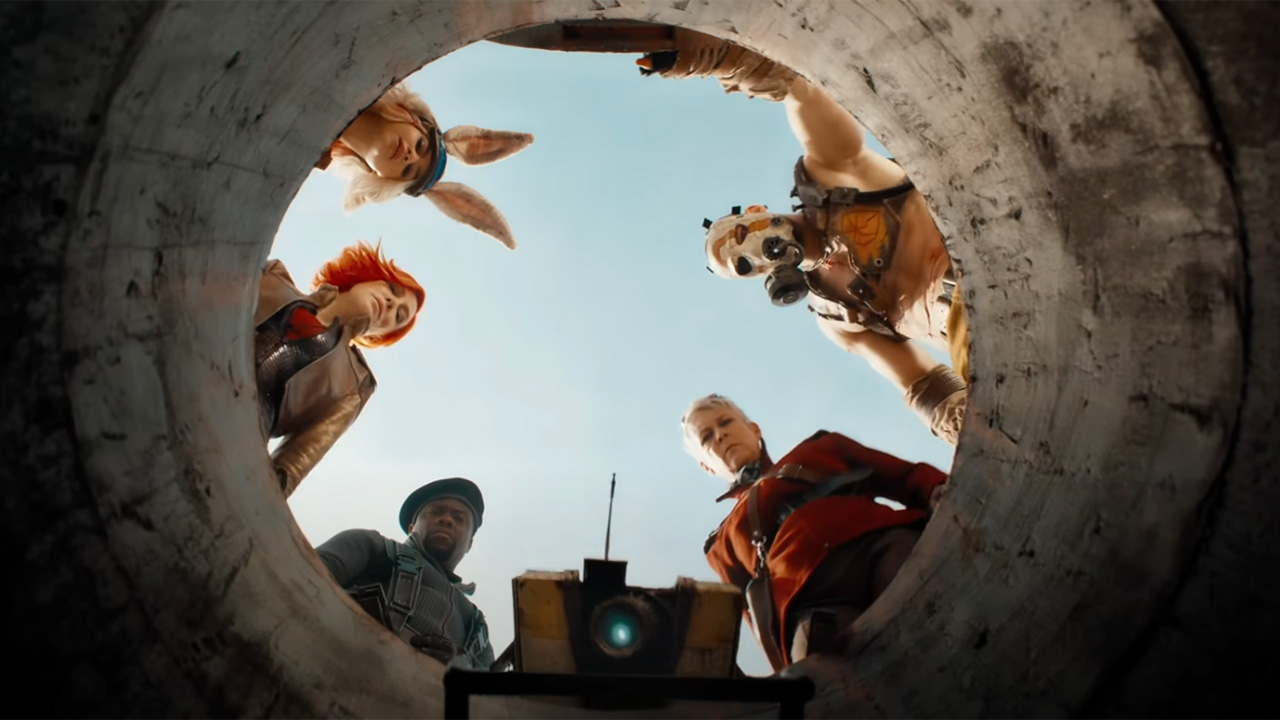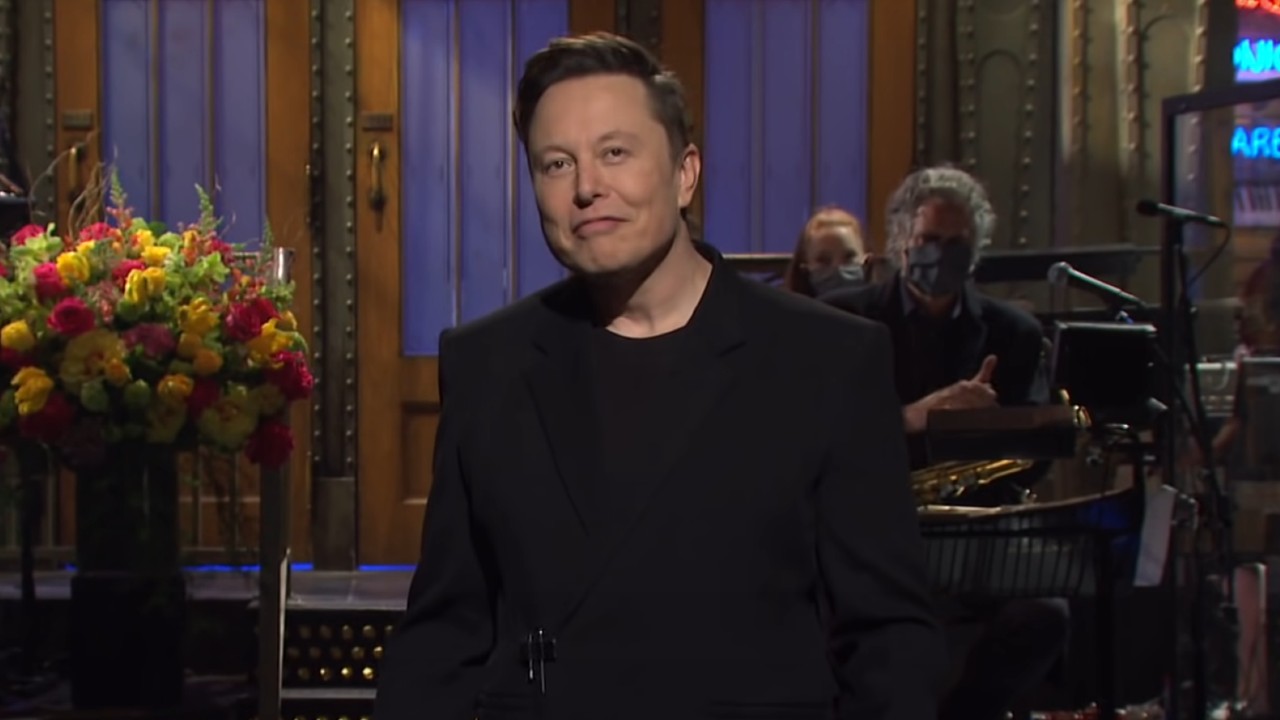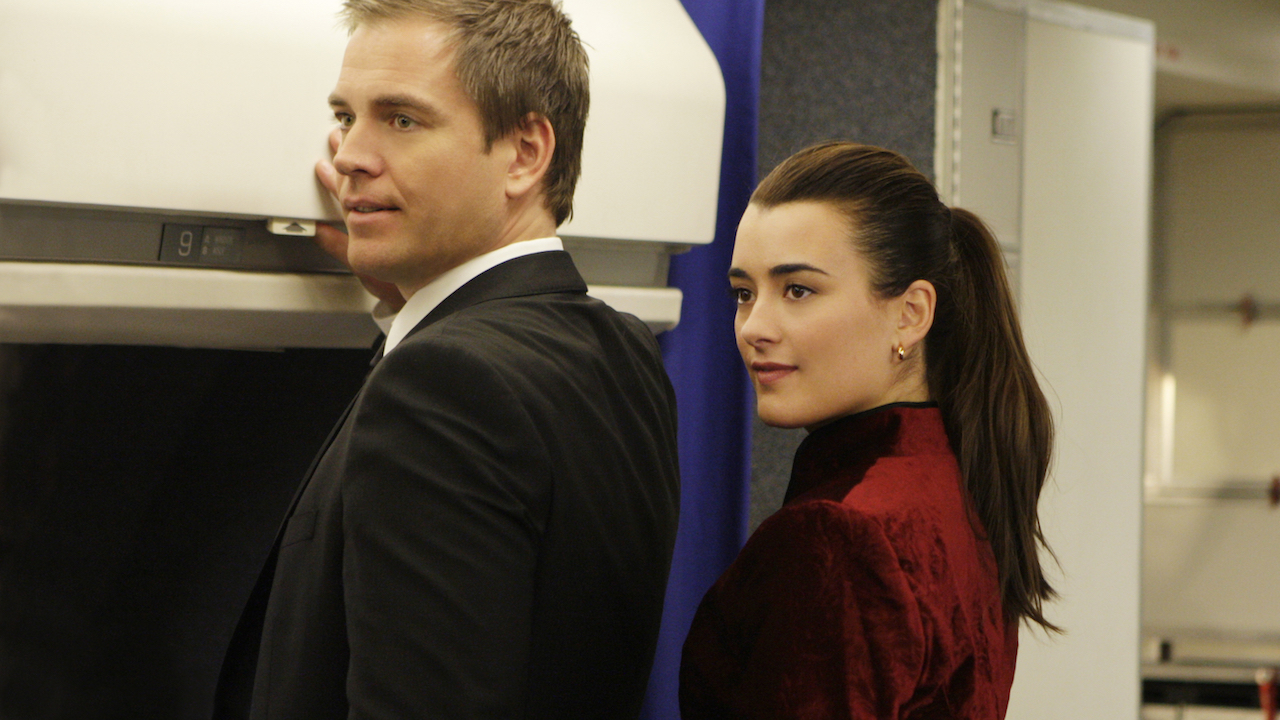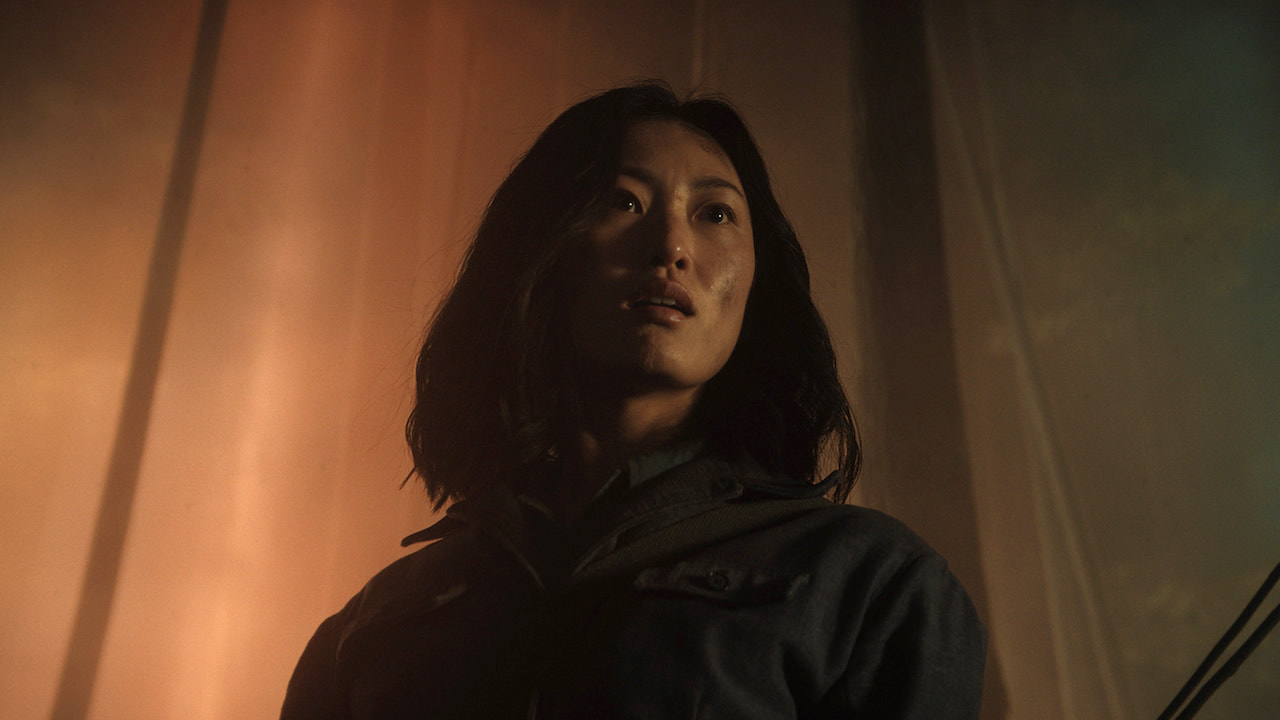China's 10 Rules Of Censorship Laid Out For Xbox One, PS4, Wii U Games
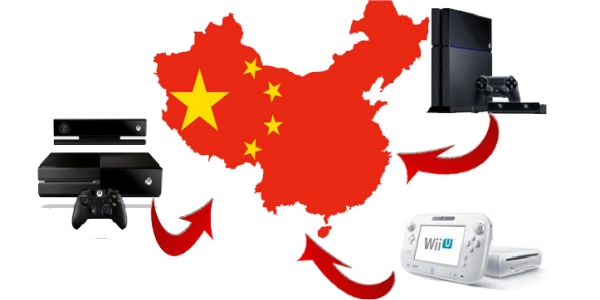
So by now, most gamers should know that China is serious about getting in on some of the monetary pie floating around thanks to the multi-billion dollar console market that actually manages to make more money than Hollywood and the music industry. In software sales alone, the U.S. console market managed $15 billion last year, not including hardware or accessory sales.
Most recently it was made clear that eighth generation home consoles are now eligible to be sold in the Shanghai Free-Trade Zone in mainland China. The 13 year ban on home consoles has been lifted.
With the lift on the ban also comes a series of rules and regulatory mandates by the Chinese government, regarding what is allowed, what is not and how they will deal with censorship.
Games In Asia has a beautifully detailed article listing the 10 rules of censorship that China will have in play that the three big console manufacturers will have to abide by in order to move product throughout the mainland. You can check out the list below, which was part of a detailed addendum for the censorship of electronic interactive software entertainment by the Shanghai government.
1.) Gambling-related content or game features
2.) Anything that violates China’s constitution
3.) Anything that threatens China’s national unity, sovereignty, or territorial integrity.
CINEMABLEND NEWSLETTER
Your Daily Blend of Entertainment News
4.) Anything that harms the nation’s reputation, security, or interests.
5.) Anything that instigates racial/ethnic hatred, or harms ethnic traditions and cultures.
6.) Anything that violates China’s policy on religion by promoting cults or superstitions.
7.) Anything that promotes or incites obscenity, drug use, violence, or gambling.
8.) Anything that harms public ethics or China’s culture and traditions.
9.) Anything that insults, slanders, or violates the rights of others.
10.) Other content that violates the law
As we previously noted in the other article, the games can only be released if they are in the appropriate language set, meaning that there must be a “simplified” Chinese version of the game, not a half-arsed port from the Taiwanese or Hong Kong version.
Even though all the games have to be approved by a cultural department, it doesn't have to be China's regal Ministry of Culture. As noted in the article by Games in Asia, the Shanghai cultural department can also approve of games and interactive media content.
As mentioned in our previous article about the Xbox One launching in China this July, all the console manufacturers have to work with local distributors to sell the consoles in the mainland, and they have to be distributed through the Shanghai Free-Trade Zone.
Games will have to be approved before being released, and the wait is supposed to be 20 days or less. DLC that isn't just a patch fix or update must also be certified for release, very similar to what happens here when games are released for consoles, except the cultural department will have to oversee the content to ensure it doesn't breach one or more of the 10 rules above.
If it's all good and dandy, then the game can be sold and distributed throughout China.
Given China's market is already surpassing an impressive $13 billion a year, it's not hard to see why the console manufacturers would want to get in on the goods. Microsoft is starting off small with 100,000 consoles this July, but if all goes well they could ratchet up the output to something more suitable.
I'm more interested to know how Sony and Nintendo will approach selling their consoles in China, given the bad blood between the Chinese and Japanese. It's like trying to sell tacos in Texas.
Staff Writer at CinemaBlend.
Surprise Breakout Hit North Of North Cracked Netflix's Top 10, And The Lead Actress Shared How It Makes Her Feel
Chris Evans Pens Sweet Tribute To ‘Older Sibling’ Scarlett Johansson, And Now I Really Need To See Them Team Up For Another Movie
Black Mirror's New Season Introduces A Villain That Reminds Me Of Lex Luthor, And They Could Literally Change This Entire Universe

